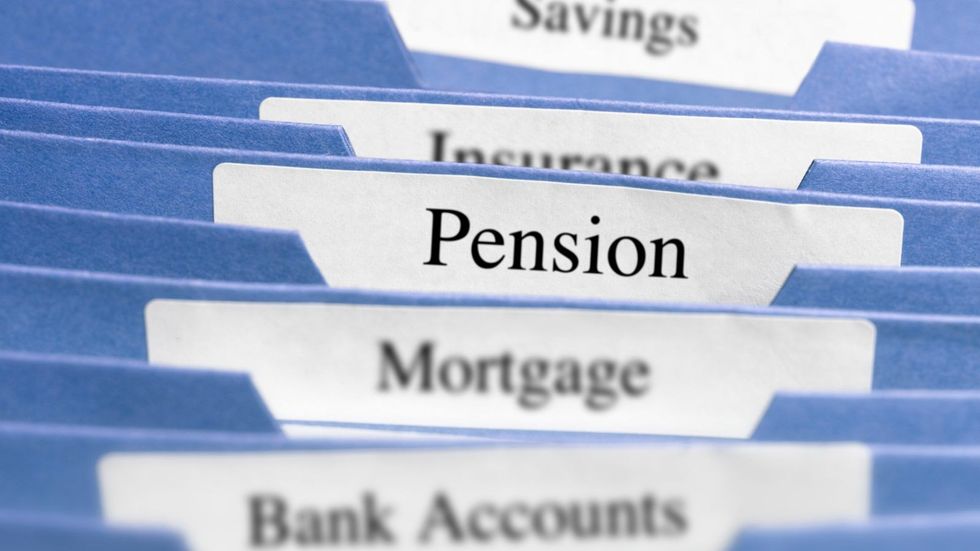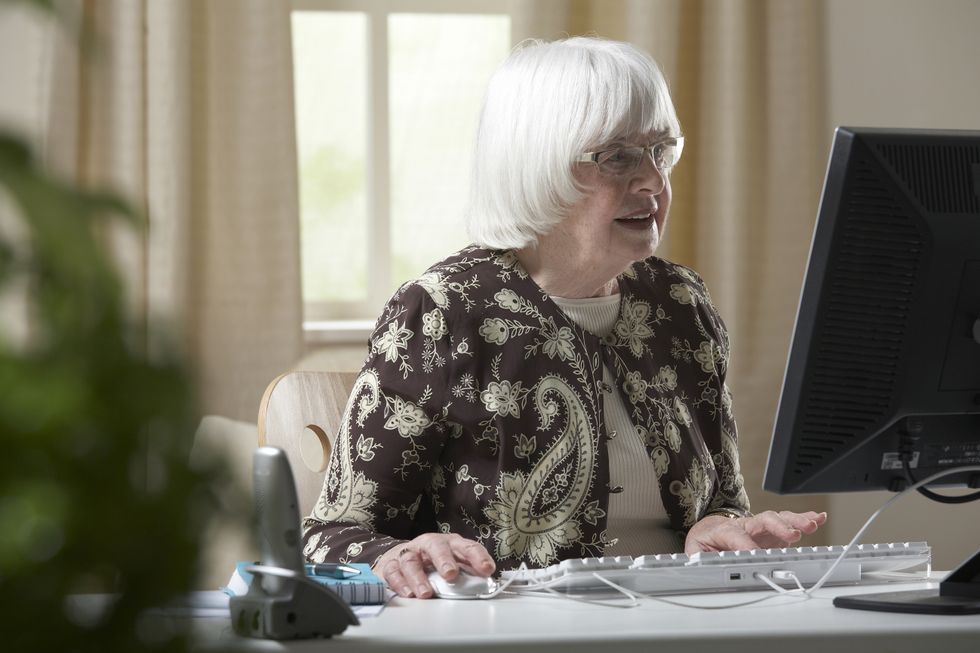David Bahnsen social security retirement age
GBNEWS
Thousands of retirees are finding themselves pushed into higher tax brackets despite seeing no real improvement in their standard of living
Don't Miss
Most Read
Trending on GB News
Pensioners are now paying £2,729 more in tax to maintain a comfortable lifestyle compared to four years ago, analysis has revealed.
This represents a staggering 54 per cent increase in their tax burden since 2020-21.
A single pensioner who paid £5,058 in income tax to achieve a "comfortable" retirement standard four years ago now faces a bill of £7,787 for the same quality of life.
The dramatic rise comes as retirees are caught in a pincer movement of frozen tax thresholds and escalating living costs.
A "comfortable" retirement, as defined by the Pensions and Lifetime Savings Association (PLSA), includes regular beauty treatments, theatre trips and a two-week holiday in Europe annually.
It allows for around £70 weekly on groceries and £60 on meals out. This lifestyle standard also includes a three-year-old small car replaced every five years and £20 monthly for taxis.
Experts have warned that many who have saved their whole lives and done the right thing "are being taxed more heavily simply to stand still".

The rising cost of living has dramatically increased the income needed for a comfortable retirement
GETTYRetirees can expect extensive bundled broadband and TV subscriptions, plus multiple UK weekend breaks.
The comfortable standard provides for £50 birthday and Christmas presents, monthly charity donations of £25, and £1,000 for family support.
It also covers home improvements including kitchen and bathroom replacements every 10-15 years.
The rising cost of living has dramatically increased the income needed for a comfortable retirement, from £32,800 post-tax in 2020-21 to £43,100 in 2023-24, according to the PLSA.
Meanwhile, income tax thresholds have remained frozen since 2020-21 and are set to stay that way until at least 2027-28.

Some state pensioners are expected to begin paying income tax by 2027
GETTYChancellor Rachel Reeves has not ruled out extending this freeze further. This combination has created a "fiscal drag" effect, pulling millions more taxpayers, including pensioners, into higher tax brackets as inflation pushes up incomes.
Some state pensioners are expected to begin paying income tax by 2027 as the state pension rises with the triple lock while tax thresholds remain static.
Jon Greer, head of retirement policy at Quilter, said the findings demonstrated that fiscal drag was "quietly reshaping" the pensions landscape.
"Retirees are increasingly finding themselves caught paying ever increasing amounts of tax," he added.
"The cost of maintaining a decent standard of living in retirement has risen sharply in recent years, yet income tax thresholds have remained unchanged.
"As a result, pensioners are now paying significantly more tax than they were just a few years ago not because their incomes have grown, but because the system hasn't kept pace with inflation.
"This creeping tax burden risks undermining retirement security for thousands of people who did everything right."
Greer emphasised that many pensioners are being penalised despite having done "everything right" throughout their working lives.
 Britons are looking for the best ways to bolster their retirement prospects GETTY
Britons are looking for the best ways to bolster their retirement prospects GETTYHe added: "They saved diligently, planned carefully, and expected a stable system in return. Instead, they are being taxed more heavily simply to stand still."
This growing tax burden comes at a time when many retirees are already struggling with increased energy bills, grocery costs and other essentials.
The situation highlights a growing concern that careful retirement planning is being undermined by fiscal policy.
Many pensioners who believed their financial preparations were adequate now find themselves paying substantially more tax just to maintain their planned lifestyle.







